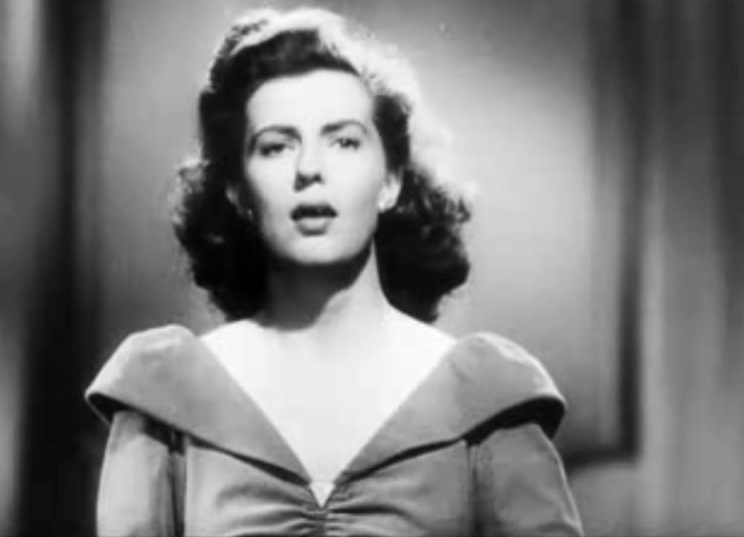
Month: February 2017
Keith Jarrett Trio “My Funny Valentine” (Rodgers and Hart)
According to pop-song authority Mark Steyn, there exist more than 100 recordings of Rodgers and Hart’s “My Funny Valentine“—by Chet Baker. Baker recorded the song as a trumpeter with Gerry Mulligan in 1952, re-recording it as a vocalist in 1954, a breakthrough performance that has been widely anthologized. I gather that for the remainder of Baker’s checkered career, audiences continued to demand it, because his last recording of it was in 1985.
The 1937 musical Babes in Arms (set in the imaginary town of Seaport, Rhode Island) is famous not only for “Valentine” (the name of the male romantic interest the song is sung to) but also the standards “The Lady Is a Tramp” and “Where or When.” Less well known but equally significant is that the show included a “dream ballet” by George Balanchine.
The song starts in C minor, and in emotional tone is both pensive and a bit anxious. The girl knows that her guy is a bit of a ditz, but the idea of losing him upsets her no end—the climax comes on the words “Stay, Valentine, stay.” Standout versions include those by Anita O’Day; Miles Davis; and Bill Evans with Jim Hall. And, of course, Keith Jarrett, here with Jack DeJohnette and Gary Peacock.
# # #
Abraham Lincoln, a True Opera Lover (Really!)
This can serve for St. Valentine’s Day, and for President’s Day too!
Abraham Lincoln might have been a log-splitter who had been born in a log cabin; but, at some point in his adult life, Lincoln turned into a true opera lover. (Please remember, opera was what entertained people before movies came along.) In the month before he was murdered, Lincoln was at Ford’s Theater to hear Mozart’s opera The Magic Flute (which had to have been sung in German, because there was no English-language performing version at the time).
More? Lincoln’s favorite opera was von Flotow’s Martha, which was performed as part of the festivities attending his second inauguration. Although German in language, Martha was French in style, with a setting and a plot entirely made up of English-Romantic story elements, such as the two bored upper-class girls who, on a lark, decide to enlist as hired servants. Yeah, right. Of course, one girl finds true love, fast. The upper-crusty beloved, of course, has agonies over his having fallen in love with a serving girl. But, how can our well-born heroine admit that she was an imposter? Or impostress?
Lincoln loved it. He most likely heard it in the original German, though Martha was such a wildfire hit that versions in French and Italian came quickly (with English a bit later). Even later, Enrico Caruso made parts of the Italian version popular hits on record from 1906 on.
More, after the jump. Continue Reading →
Happy Groundheifetz Day!
All children know that February 2 is the day that the Groundheifetz emerges from his burrow, and…
Well, as I said, everybody knows that.
I had a visceral bad reaction to most of the famous RCA stereo releases—on both sound and interpretative grounds—however, some of his early mono work is actually quite relaxed, and very musical (as well as collegial). Of that era, his Glazounov Concerto with Barbirolli and the LPO stands out.
So, Happy Birthday to a cultural icon—one whose name (as is the case with Einstein’s) is also a common noun.
As in, “He’s no Heifetz.”
Click the jump link for a 1949 Pabst Blue Ribbon magazine beer ad with Heifetz as a celebrity endorser. Continue Reading →


